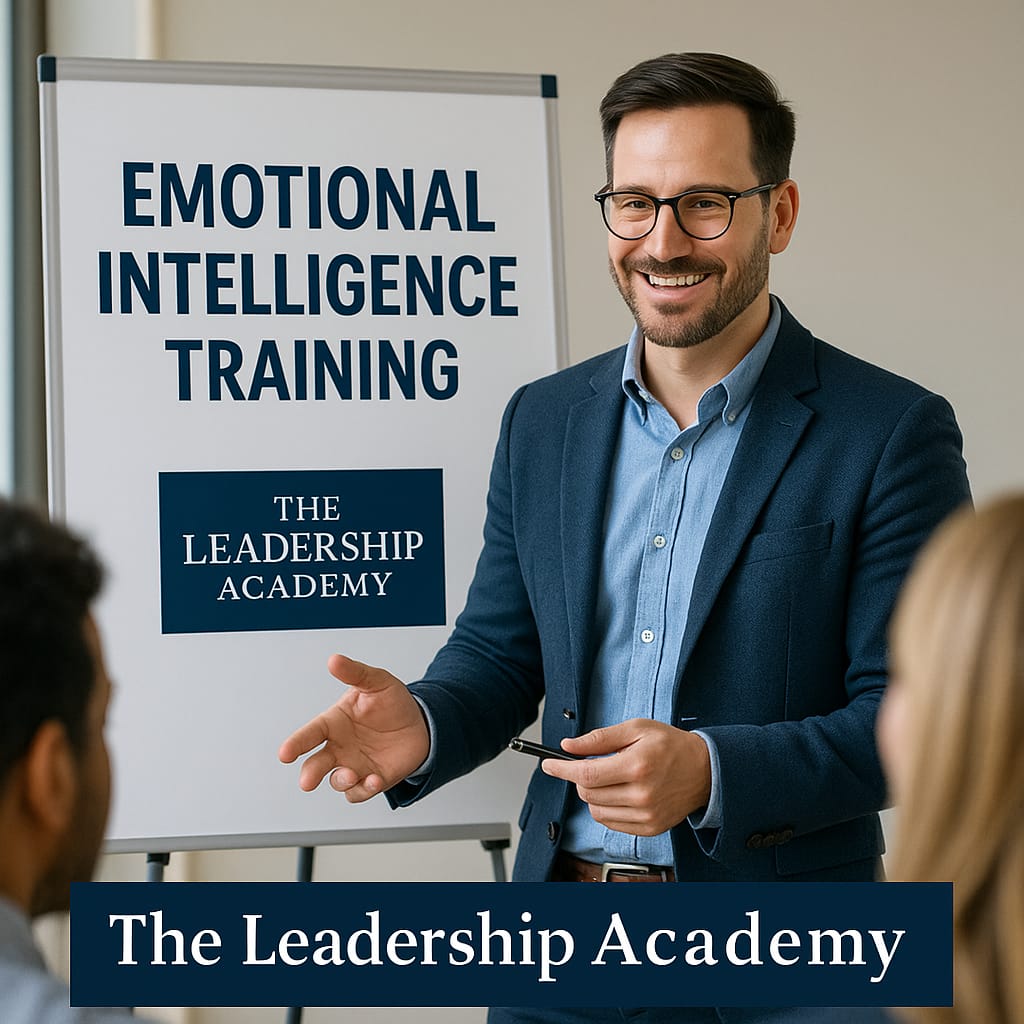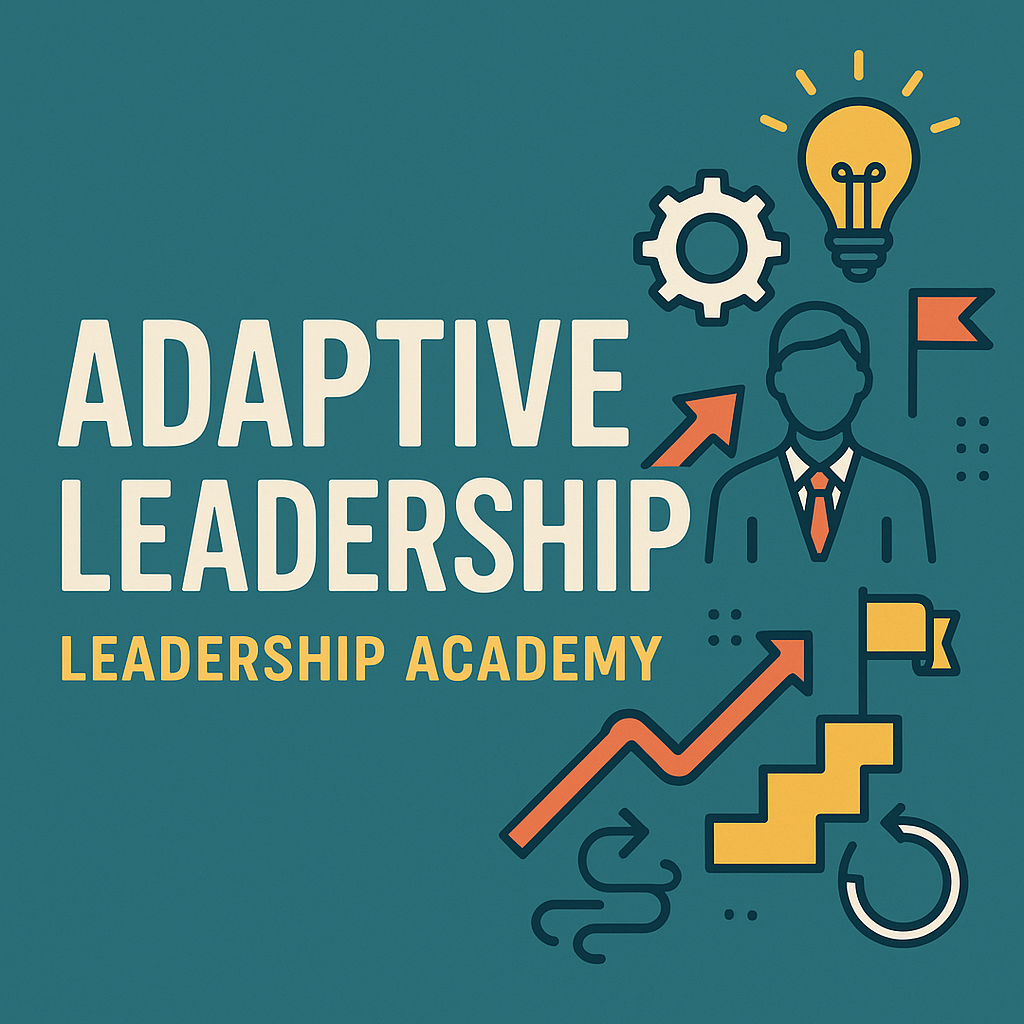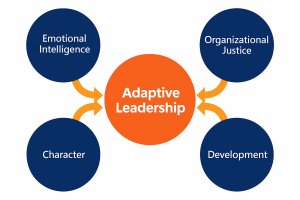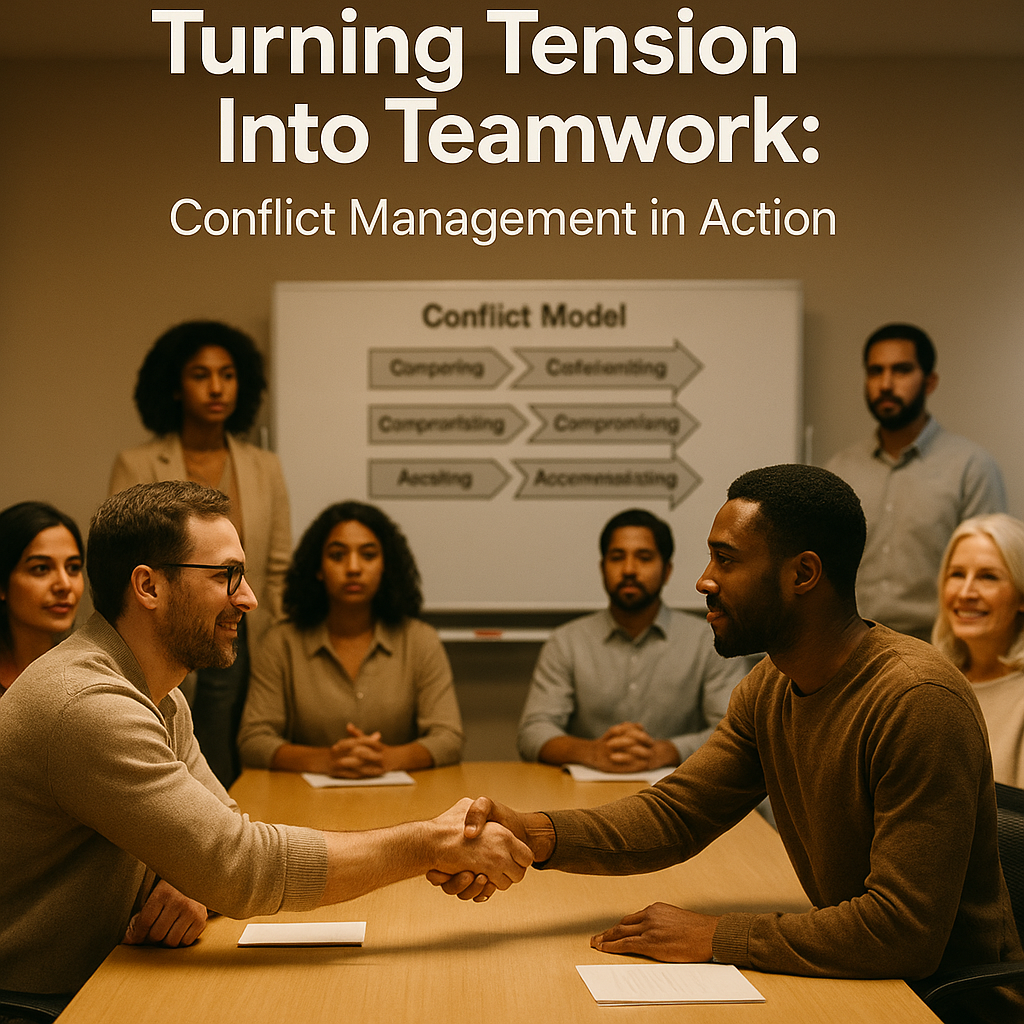In today’s dynamic and fast-paced business world, technical expertise alone isn’t enough to succeed. Leaders who thrive are those who understand their own emotions, empathize with others, and manage relationships effectively. This is where Emotional Intelligence Training comes in — a critical leadership skill that is no longer optional but essential. At The Leadership Academy, we offer comprehensive and transformative Emotional Intelligence Training designed to equip current and future leaders with the emotional and social skills needed to lead with confidence, empathy, and influence.
What Is Emotional Intelligence?
Emotional Intelligence (EI), also known as Emotional Quotient (EQ), refers to the ability to recognize, understand, manage, and utilize emotions effectively — both your own and those of others. Emotional Intelligence involves five key components:
- Social skills – Managing relationships and building strong networks.
- Self-awareness – Recognizing your own emotions and their impact.
- Self-regulation – Managing emotions and adapting to change.
- Empathy – Understanding the emotions and perspectives of others.
- Motivation – Channeling emotions toward goal achievement.
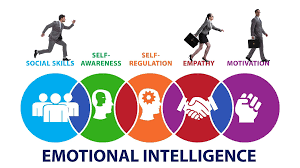
At The Leadership Academy, our Emotional Intelligence Training program focuses on developing each of these core components, helping leaders become more self-aware, emotionally balanced, and capable of building trust and rapport in their teams.
Why Emotional Intelligence Training Matters for Leaders
Leadership is about people. No matter how skilled you are in strategy or operations, your ability to influence, motivate, and lead depends on how well you understand and manage emotions. Emotional intelligence has been linked to:
- Improved communication and collaboration
- Stronger decision-making under pressure
- Better conflict resolution
- Higher team morale and engagement
- Increased resilience during change or crisis
By enrolling in Emotional Intelligence Training at The Leadership Academy, leaders learn how to build these skills and apply them in everyday professional settings.
The Leadership Academy’s Emotional Intelligence Training Program
At The Leadership Academy, we’ve designed our Emotional Intelligence Training to be practical, interactive, and evidence-based. Our goal is not just to teach the theory of emotional intelligence but to help leaders apply it in real-time leadership challenges.
Key Features of Our EI Training:
- Certified Trainers & Coaches: Learn from globally certified emotional intelligence coaches and leadership development experts.
- Personalized EI Assessments: Participants complete professional EQ assessments like the EQ-i 2.0 or MSCEIT to identify personal emotional strengths and areas for improvement.
- Interactive Workshops: Engage in hands-on activities, role-playing scenarios, and group discussions that bring emotional intelligence concepts to life.
- Customized Training Modules: Whether you’re a first-time manager or a seasoned executive, our program is tailored to your leadership level and industry.
- Action Planning & Post-Training Support: Create a customized emotional intelligence development plan and receive support even after the course ends.
Topics Covered:
- Introduction to Emotional Intelligence
- Developing Self-Awareness and Self-Control
- Managing Emotions Under Pressure
- Building Empathy and Trust with Teams
- Enhancing Communication and Active Listening
- Conflict Management with Emotional Intelligence
- Creating Emotionally Intelligent Work Cultures
Who Should Attend?
Our Emotional Intelligence Training is ideal for:
- Business Leaders and Entrepreneurs
- HR Managers and People Officers
- Team Leaders and Department Heads
- Project Managers
- Emerging Leaders and High-Potential Talent
Whether you’re leading a small team or managing across departments, strengthening your emotional intelligence will elevate your leadership effectiveness.
Benefits of Emotional Intelligence Training
- Stronger Leadership Presence – Emotionally intelligent leaders project confidence, remain calm in crisis, and inspire trust — traits that enhance their leadership credibility.
- Higher Employee Engagement – EI-trained leaders connect better with their teams, understand employee needs, and create a more inclusive and motivating work environment.
- Better Decision-Making – By recognizing emotional biases and staying centered under pressure, leaders make better, data-informed decisions.
- Effective Conflict Resolution – Emotional intelligence helps leaders resolve interpersonal issues with empathy, active listening, and win-win solutions.
- Enhanced Organizational Culture – Organizations with emotionally intelligent leadership foster open communication, innovation, and psychological safety — keys to long-term success.
Why Choose The Leadership Academy?
At The Leadership Academy, we are passionate about building emotionally intelligent leaders who can inspire change, lead with compassion, and drive business results.
What sets us apart?
- Customized Learning Experiences – We tailor the training to match your organization’s needs, challenges, and goals.
- Global Experience – Our trainers have coached leaders across industries and continents, bringing a diverse perspective to emotional intelligence.
- Action-Oriented Programs – We focus on practical tools and strategies that leaders can apply immediately in their roles.
- Post-Training Resources – Access workbooks, toolkits, and coaching sessions to continue growing your emotional intelligence journey.
Delivery Formats
We understand that every learner and organization is different. That’s why we offer flexible delivery options:
- In-Person Training Workshops
- Live Online Sessions (Zoom, MS Teams)
- Blended Learning (self-paced + live coaching)
- Corporate Team Packages
Let us help you design a training experience that fits your schedule and learning style.
Frequently Asked Questions (FAQ)
Q: How long is the Emotional Intelligence Training?
A: We offer 1-day, 2-day, and multi-week formats depending on your needs. Custom schedules are available for corporate teams.
Q: Is the training certificate recognized?
A: Yes. Participants receive a Certificate of Completion from The Leadership Academy, recognized by organizations worldwide.
Q: Can I take this course online?
A: Absolutely. Our Emotional Intelligence Training is available through live virtual sessions and hybrid options.
Q: Is this course suitable for non-managers?
A: Yes. While designed with leaders in mind, anyone looking to improve interpersonal and self-management skills will benefit.
What Our Clients Say
“The Emotional Intelligence Training by The Leadership Academy was a game-changer. I’ve seen immediate improvements in how I communicate with my team and handle workplace stress.”
— Md. Harun, Operations Manager, Apex Group
“The self-awareness and empathy modules helped me connect with my staff on a deeper level. It made me a better listener and a better leader.”
— Farzana Rahman, HR Business Partner, Dhaka Tech Ltd.
“This program helped me identify blind spots in my leadership style. The EQ assessments were incredibly eye-opening, and the coaching sessions gave me the tools to improve team communication.”
— Tanveer Rahman, Senior Project Manager, GlobalCom
Optimize Your Leadership Potential Today
In a world where emotional intelligence is no longer optional but essential, investing in your development is a strategic advantage. The Leadership Academy’s Emotional Intelligence Training is more than just a course — it’s a transformational journey toward becoming the leader others trust, follow, and admire.
Whether you’re looking to enhance your personal leadership style or cultivate emotionally intelligent leaders across your organization, we’re here to support your growth every step of the way.

